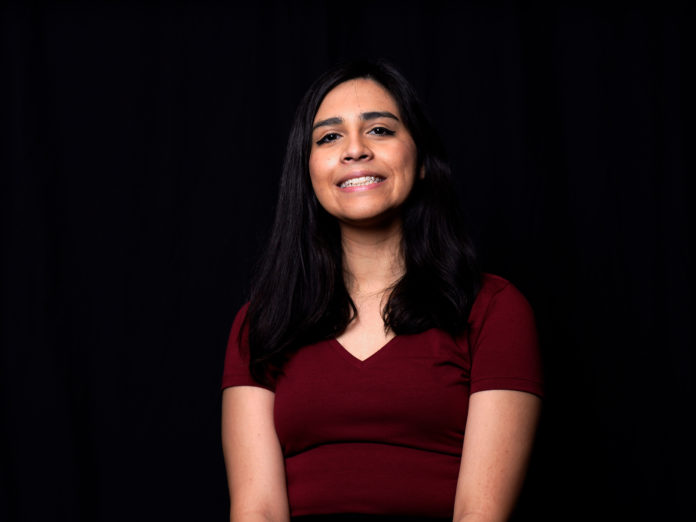By DJ Ramirez | Sports Editor
I don’t know how I went through so much of my life without watching “The Dark Knight,” but now that I finally have, I’ve confirmed that there is no better Batman movie. Pop culture debates aside, I think films like “The Dark Knight,” and the culture of superhero stories in general, pose interesting questions about the privatization of justice and the public’s willful obliviousness to government operation for the sake of “safety.”
I think in our society, so entrenched in a mixture of beliefs in Christian salvation and neoliberal ideals, we trick ourselves into believing that we’re safer if someone else does the dirty work. “The Dark Knight” does a great job in portraying that. The Mob (most of it anyway) is perfectly comfortable in allowing the Joker to do the dirty work. The citizens of Gotham, even Harvey Dent himself, are just fine letting Batman round up the city’s criminals, until it doesn’t benefit them, that is.
And the reality of it is, at least in my understanding, that people are uncomfortable with the ideas of surveillance and privatized justice in theory but ignore them in practice if it makes them feel safe. They ignore the detriments under a false sense of security and trust that those practices won’t be used against them, assuming that the ones putting those things in practice are guided by the same sense of morality. But not everyone can be Lucius Fox.
In a March 2009 article published in the journal Communication and Critical/Cultural studies, Rebecca Wanzo explores the idea of surveillance and the desire for salvation posing a powerful question: “How do you save those that consent to their own subjugation?” She uses Alan Moore’s “Watchmen” and Marvel’s “Civil War” as examples of how the public is “unwilling to pay the price of revolution” out of a “desire for salvation by costumed heroes.”
But it’s also important to note the kind of people that are defined as heroes, or even anti-heroes for that matter. Superhero characters are usually people in a certain financial and social position, i.e., wealthy white men that are usually solitary or only have a small group of people in their circle. Characters like Bruce Wayne and Tony Stark have the means to be what they are because of the place in the worlds they inhabit. They can get away with the being the kind of people that they are because of it. Even in “The Dark Knight,” Alfred tells Bruce that the Batman can be whatever Gotham needs him to be, even if that means he’s turned into the villain.
No matter their background, heroes are always solitary. They have to do things alone, unlike the villain, who has the luxury of using coerced force to put their plan into motion. Even if they are born into the position that gives them the means to be heroes, they still embody this American, “pull yourself up from your boot straps” ideal. In a Salon article by Keith Spencer about the relation between the superhero genre and the ideology of neoliberalism, he expresses these same sentiments.
The things is, there are so many who try to do good and be good in this world but who don’t have the means to do it. So we look at the those who do have the means to try and do good. And a lot of that has become linked to our dependence in technology as well. We see progress in technology as progress in society. But there is no way for a person to have the means necessary to be a hero that doesn’t also provide the capacity to be a villain. The people who are noble enough to always try to do good by others could never do what it takes to be rich enough or be disillusioned enough to do what it takes to have the means to accomplish it.
And in turn we get to a point where we have to ask, “Who watches the Watchmen?” Who holds accountable those who believe they are holding society accountable?





